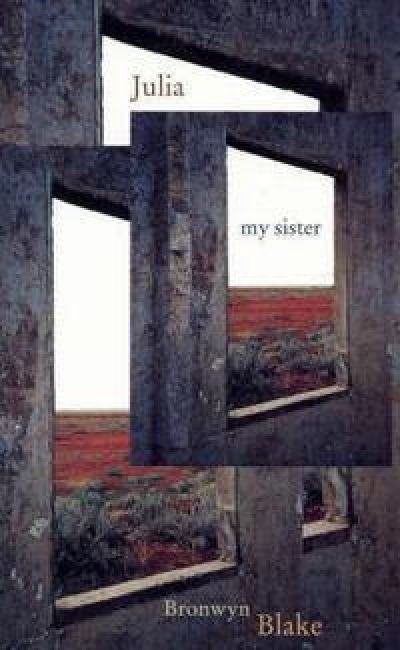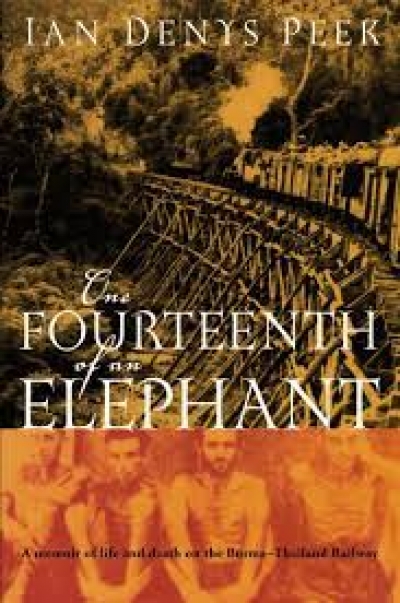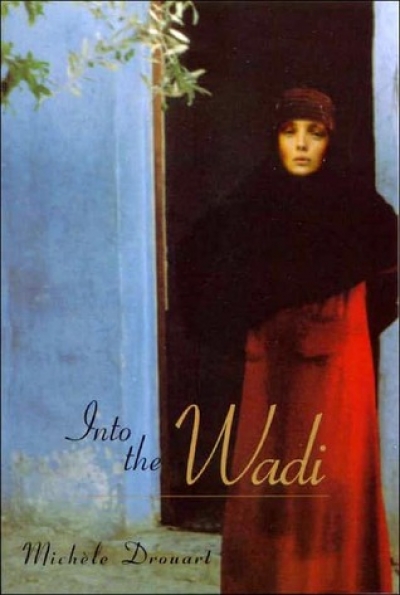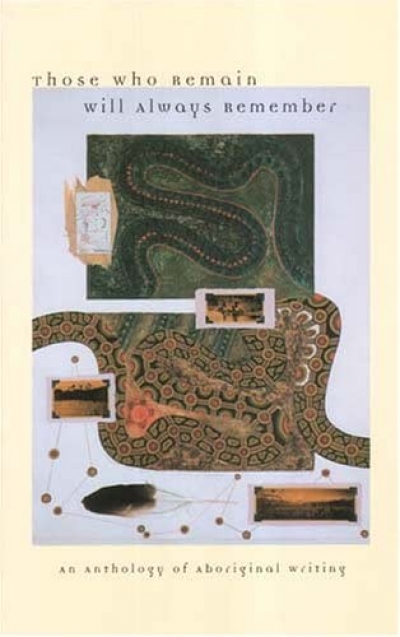FACP
Peripheral Light: Selected and New Poems by John Kinsella
by Peter Steele •
Julia My Sister by Bronwyn Blake & Thambaroo by Jane Carroll
by Robyn Sheahan-Bright •
One Fourteenth of an Elephant by Ian Denys Peek & If This Should Be Farewell edited by Adrian Wood
by Peter Pierce •
Those Who Remain Will Always Remember: An anthology of Aboriginal writing edited by Anne Brewster, Angeline O’Neill and Rosemary van den Berg
by Philip Morrissey •
Melbourne Elegies by K.F. Pearson & Body-Flame by Michael Heald
by Martin Harrison •
Pomegranate Season by Carolyn Polizzotto & Till Apples Grow on an Orange Tree by Cassandra Pybus
by Brenda Niall •










